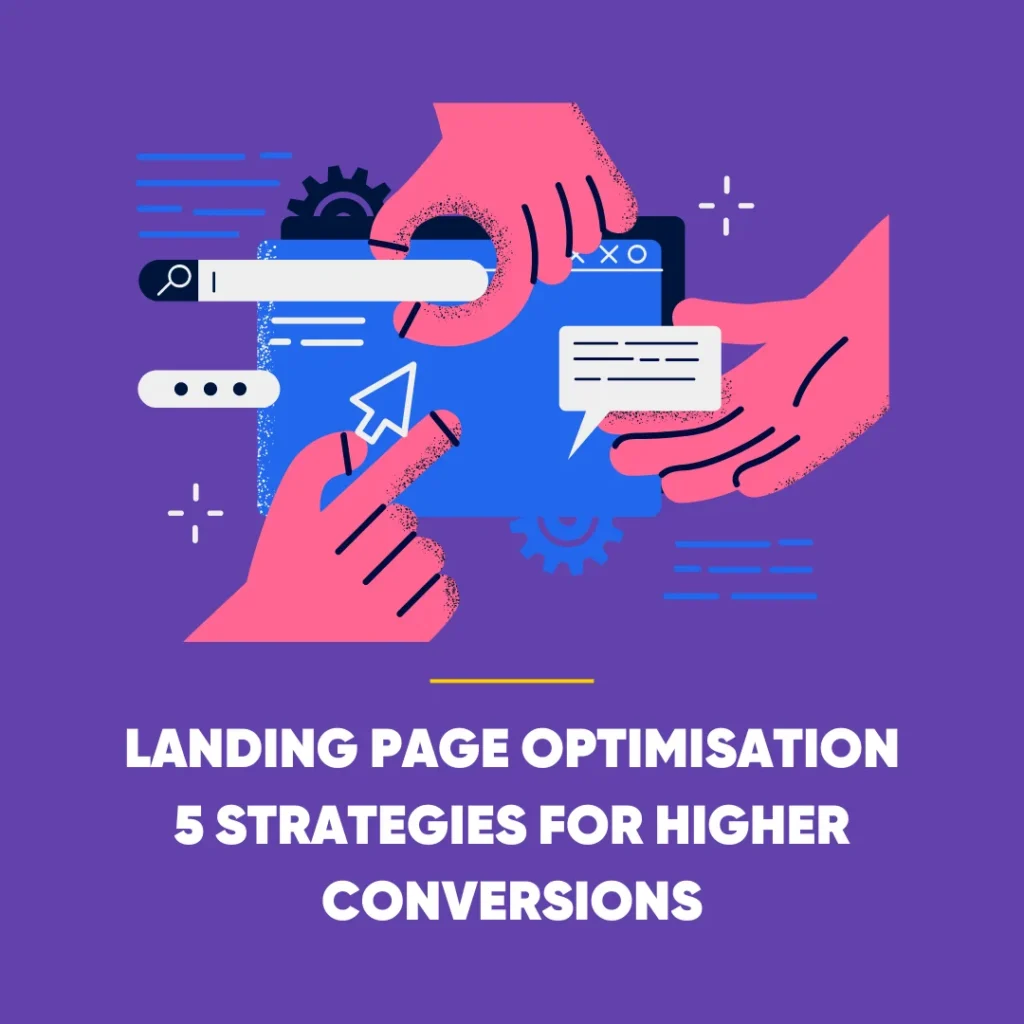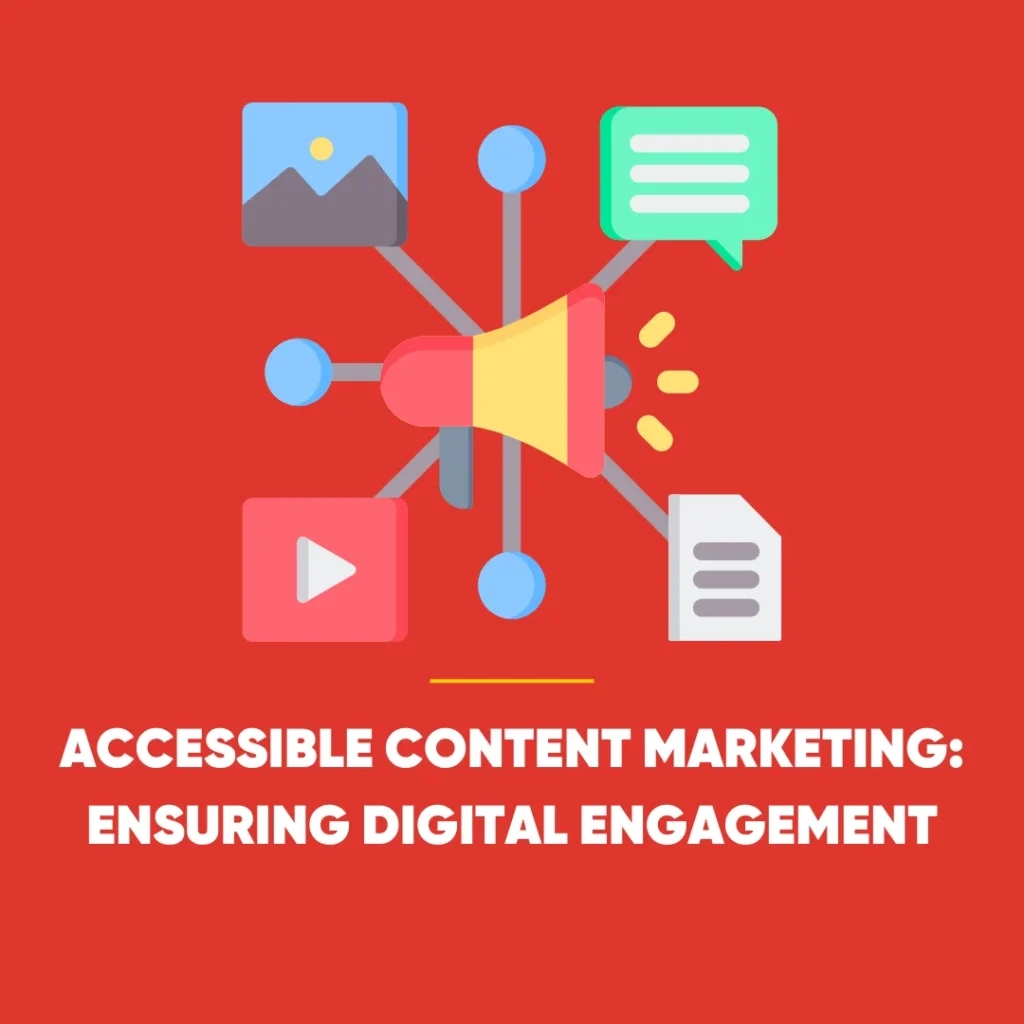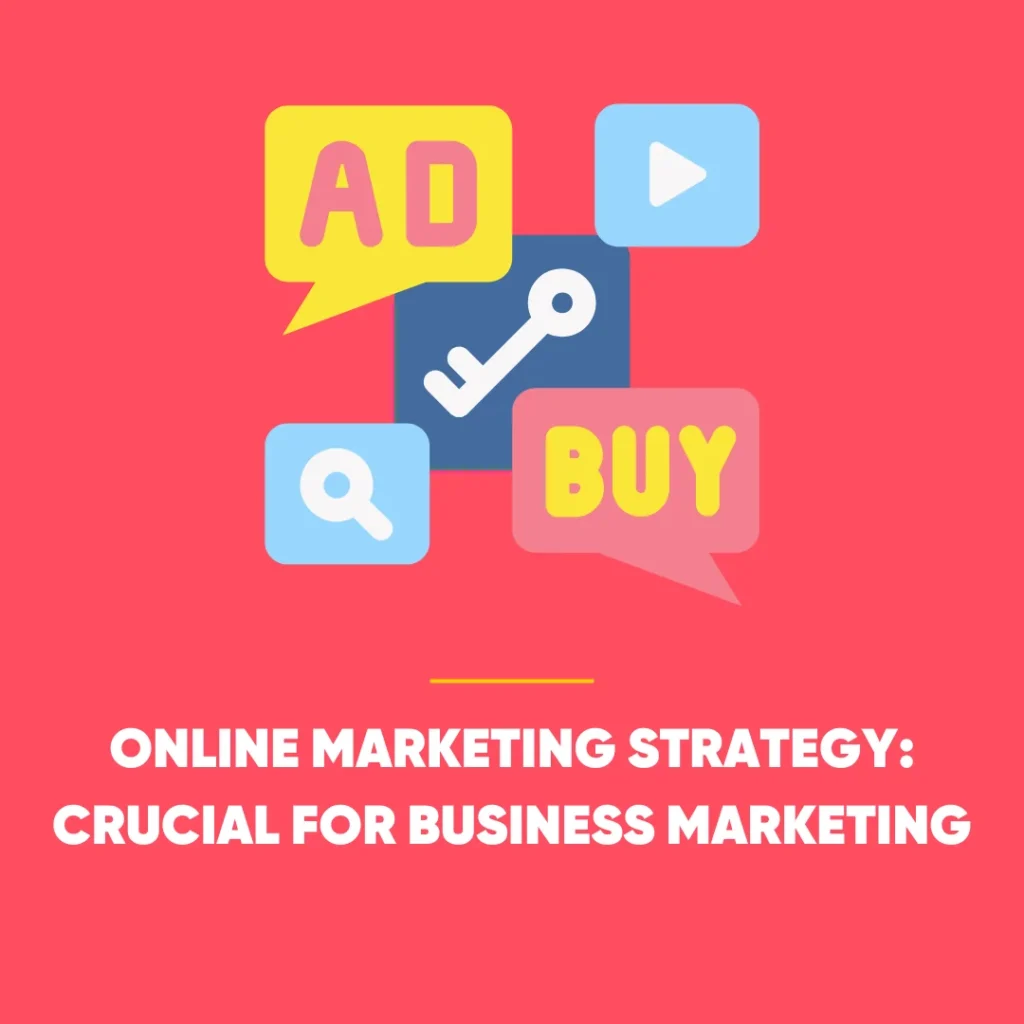Growing your business’ online presence is a challenging feat. While many digital marketing teams tend to focus on social media, one of the main ways to get your website to the front page of Google is by improving your SEO.
SEO is the combination of several metrics that determine how likely your website is to show up when someone searches for your brand, product, service, or business. If you’re a pizza shop in Essex with bad SEO metrics for your website, when someone searches for “Pizza in Essex”, your competitors’ websites will likely show up first instead of yours.
Good SEO can be achieved in many ways. Digital marketing teams can use social media, website creation tactics, paid advertisements, and tons of other strategies to help improve your website’s SEO.
One of the easiest ways to improve your SEO is by creating an SEO-friendly URL for your website. URLs are links that appear in the search bar of your web browser for any given website. For instance, this page will include “byter.com” along with the article title in the website link. Rather than having a bunch of random letters and numbers, having a descriptive URL will make your website more searchable on the internet.
What Makes Up a URL
A URL is essentially the address of your website or a given landing page. Similar to how your home address includes a street name, building number, and even an apartment number so it’s easy to describe where you live with incredible accuracy, URLs function in the same way.
URLs are generally made up of 5 to 6 parts that include the protocol, subdomain, domain, top-level domain, subfolder, and slug. The first 5 parts of the URL are pre-determined by the structure of your website and while important, are not as important or customizable when it comes to SEO. Just like the URL of this page, the slug is the last part and is tailored to the title of the article. This is where most of your SEO optimization will take place regarding your URL.
Creating your URL
When improving your URL creation process, it’s never a good idea to update existing landing pages. Updating old landing pages with new URLs can take a lot of time and hurt the page’s existing SEO metrics. Therefore, when learning to create better URLs, its best to focus on the future and only apply these lessons to new posts and landing pages.
London SEO specialists explain that every URL creation will involve a combination of market research and the application of various tactics that will improve the SEO-friendliness of any URL. Here are the basic steps to creating a URL that is both SEO-friendly and relevant to your website’s content.
1. Create a Compelling Page Title
In general, the title of your article is already a good page title to start with. The title of your article is relevant to your content and website and there shouldn’t be a reason you need to change it. Page titles should be in line with your brand story and overall digital marketing strategy.
2. URLs Should Not Include Special Characters
When creating your URL, you should not include any special characters, even if they’re in the title of your article or webpage. For instance, if you have an article title like “The best pizza in NYC (and the worst)”, it’s better to remove the “()” to make your URL more searchable.
Any special characters like colons, semicolons, commas, parenthesis, brackets, quotation marks, and more should not be in your URL regardless of if they’re in your webpage title.
3. Remove Numbers from your URL
Having numbers in your URL can be a tricky thing. While numbers themselves don’t harm the URL’s effectiveness when being searched, they limit your ability to update the webpage in the future, which does hurt your website’s SEO.
For example, if you post an article about the “Top 15 Pizzerias in NYC”, you will have to stick to that “15” number unless you want to risk hurting your SEO. For this reason, it’s better to leave out the number and just have a title like “Top Pizzerias in NYC”.
4. Delete Superfluous Words
While the URL you use should be related to your article title or landing page, it does not need to include all the words in your title. Long URLs can be intimidating for first-time users and appear as spam compared to shorter URLs that come off as more professional and easier to read.
Therefore, when writing your URL, it’s best to take out any unnecessary words. For instance, in the title “The Best Pizzerias for Visitors in NYC” you can remove words like the, for, and in. Thus, a better URL will only include the words “Best Pizzerias Visitors NYC”.
5. Simplify your URL to a Keyword or Phrase
Now that you have the most important words from your article or landing page in your URL, you can simplify it even further. In the same logic as above, any chance to shorten your URL will help improve its SEO and likeliness for someone to click on your website. Further, by doing some keyword research through a tool like Ahrefs, you can determine which words or phrases people search when looking at products or services like yours.
For instance, instead of using “Best Pizzerias Visitors NYC” you may discover that “Best Pizza NYC” has more searches and is more SEO friendly.
6. Make it Lowercase
Using all lowercase letters used to be more important when creating a URL. While it isn’t as important anymore with advancements in SEO technology, it is still a best practice that is worth sticking to.
7. Replace Spaces with Hyphens
Another best practice to use is by replacing any spaces in your URL with hyphens. While many website builders like WordPress will do this automatically, it is important to create a URL that looks like the following: “best-pizzas-nyc”.
URLs Can Be Easy
London SEO specialists agree that creating SEO-friendly URLs is one of the easiest ways to improve any website’s SEO. Mastering URL creation is relatively easy to do and takes little effort once you get the hang of it. When creating the perfect URL remember to keep it simple, use keywords, and employ best practices.








